Strong NGOs and Weak States: Pursuing Gender Justice in the Democratic Republic of Congo and South Africa
Over the past decade, the Democratic Republic of the Congo (DR Congo) and South Africa have attracted global attention for high rates of sexual and gender-based violence. Why is it that courts in eastern DR Congo prioritize gender crimes despite considerable logistical challenges, while courts in South Africa, home to a far stronger legal infrastructure and human rights record, have struggled to provide justice to victims of similar crimes? Lake shows that state fragility in DR Congo has created openings for human rights nongovernmental organizations (NGOs) to influence legal processes in ways that have proved impossible in countries like South Africa, where the state is stronger. Yet exploiting opportunities presented by state fragility to pursue narrow human rights goals invites a host of new challenges. Strong NGOs and Weak States documents the promises and pitfalls of human rights and rule of law advocacy undertaken by NGOs in strong and weak states alike.
{{comment.content}}
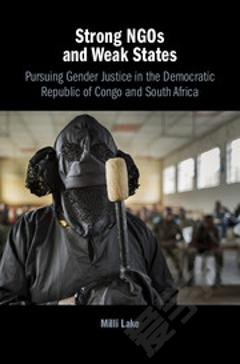
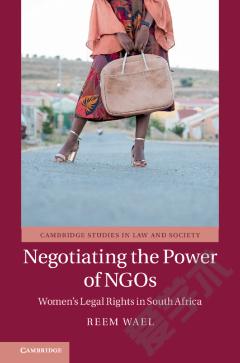
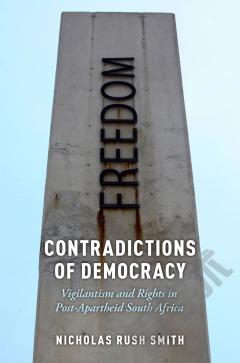

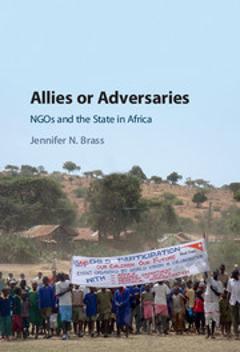

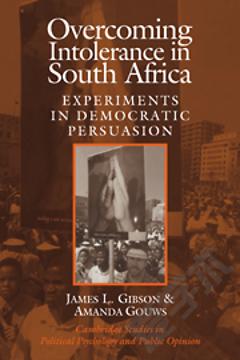

 京公网安备 11010802027623号
京公网安备 11010802027623号